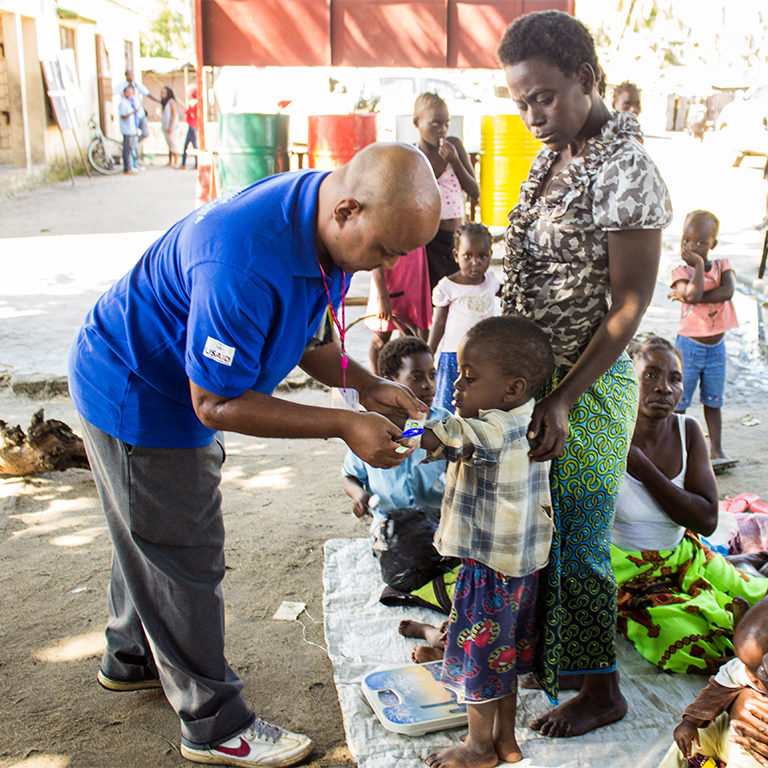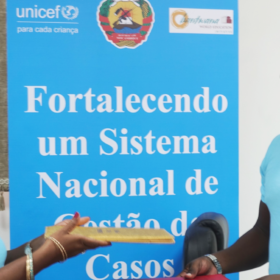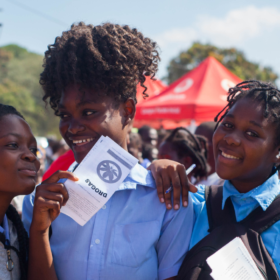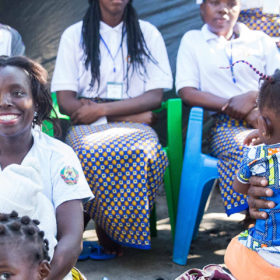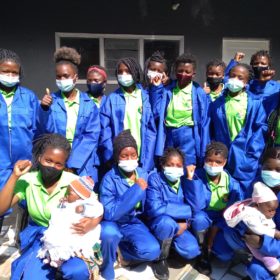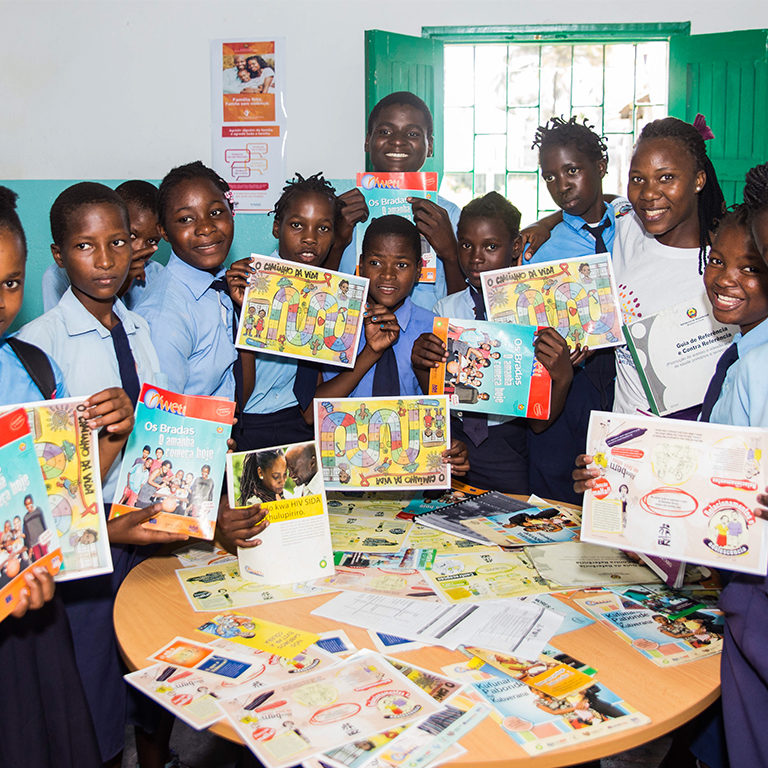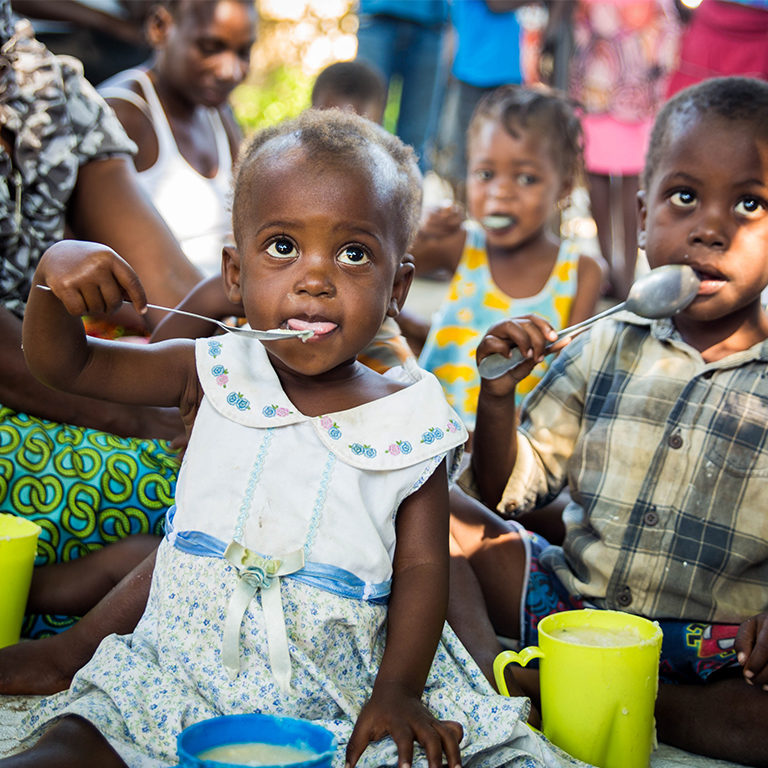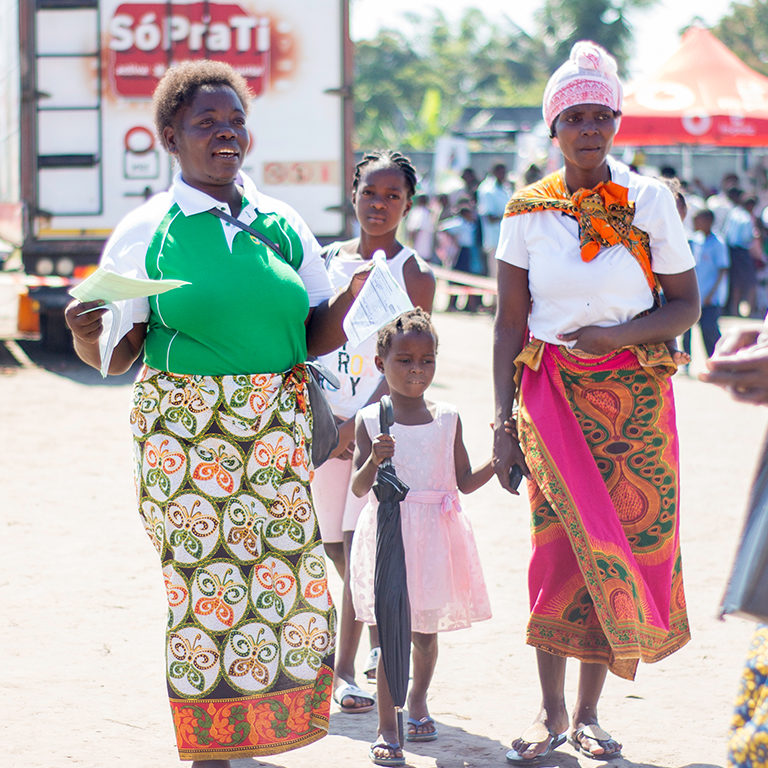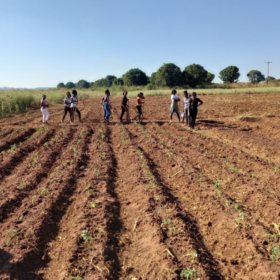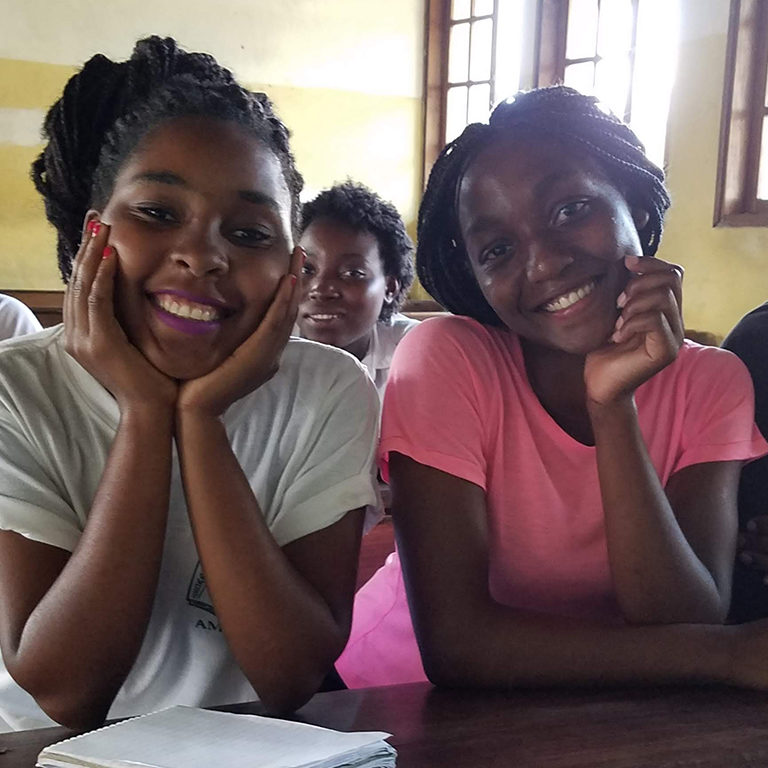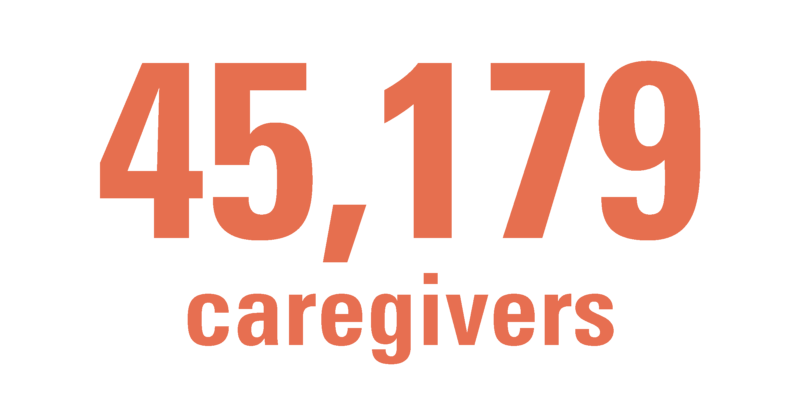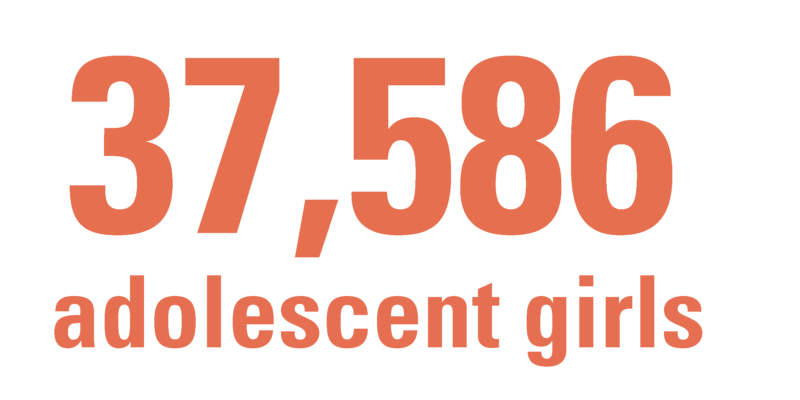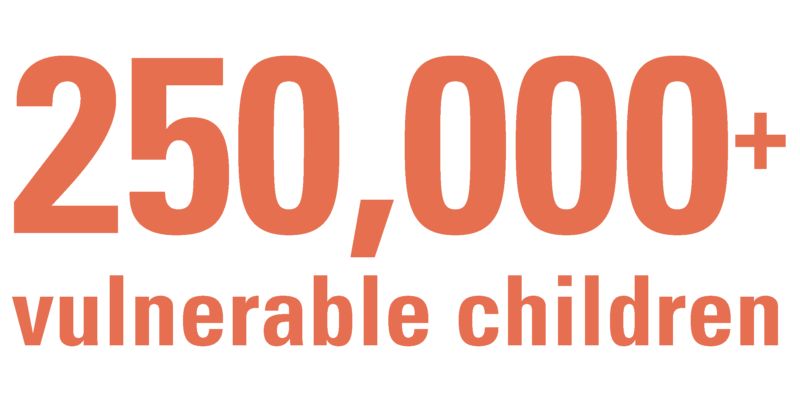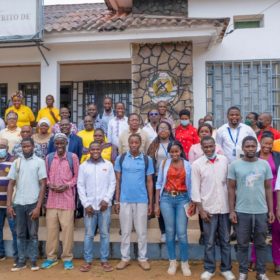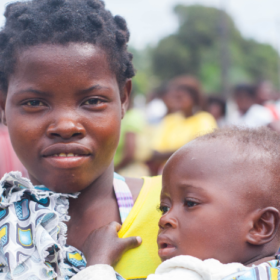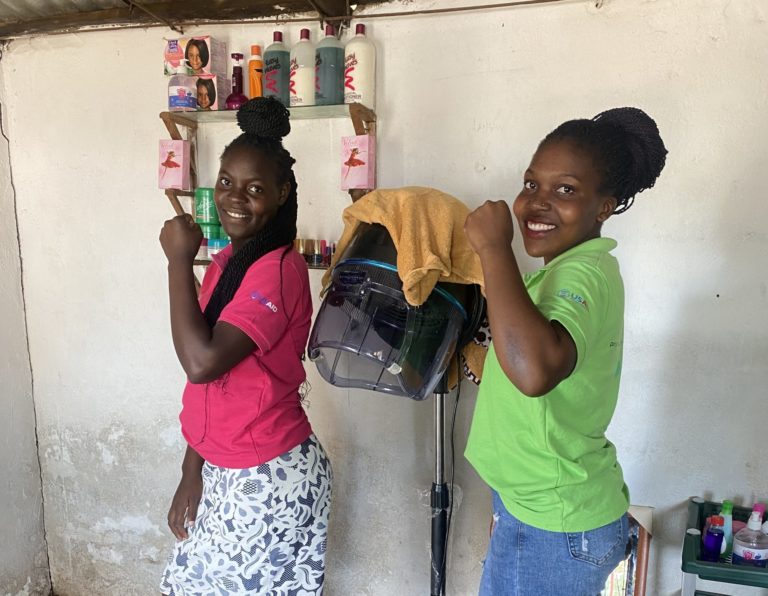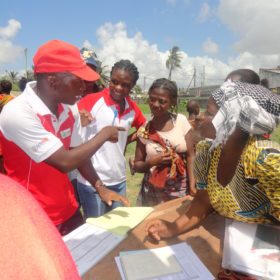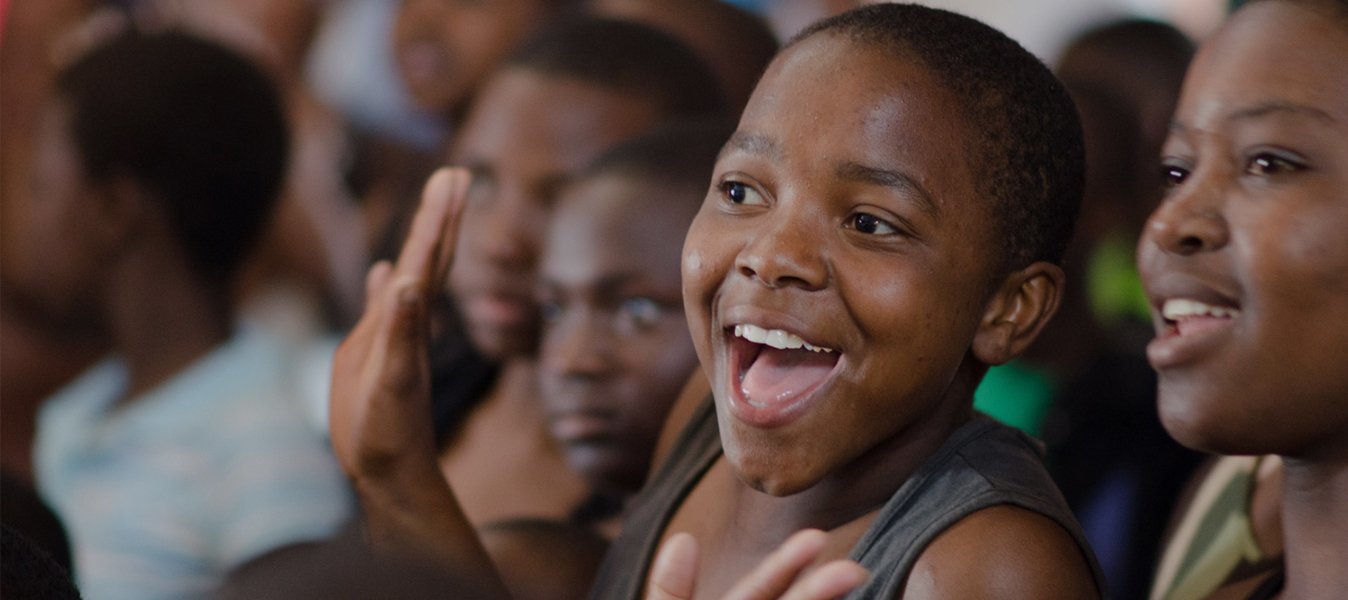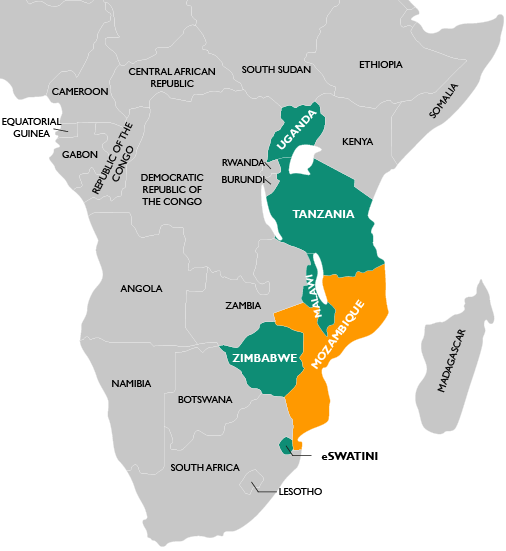
Mozambique
We are implementing evidence-based interventions for populations at greatest risk in areas of highest HIV incidence in Mozambique. Our projects aim to reduce the socioeconomic impact of HIV/AIDS on orphans and vulnerable children (OVC), adolescent girls and young women (AGYW), and their families.
We enhance the capacity of families and communities to support, protect, and care for OVC and empower AGYW to reduce their HIV risk.
We provide technical assistance and support existing community structures, local organizations, and government bodies, increasing their capacity to coordinate locally driven referral systems that ensure OVC and households access a range of services to meet their holistic needs.
INNOVATIONS:
We have introduced and scaled up: 1) interventions that improved the HIV Continuum of Care for OVC in Mozambique; 2) an inclusive, community-led Early Childhood Education Initiative that significantly increased demand and uptake of education services; and, 3) a GBV and HIV Mobile One-Stop service delivery model that brings an array of health and social protection services to the doorstep of vulnerable youth and families.

